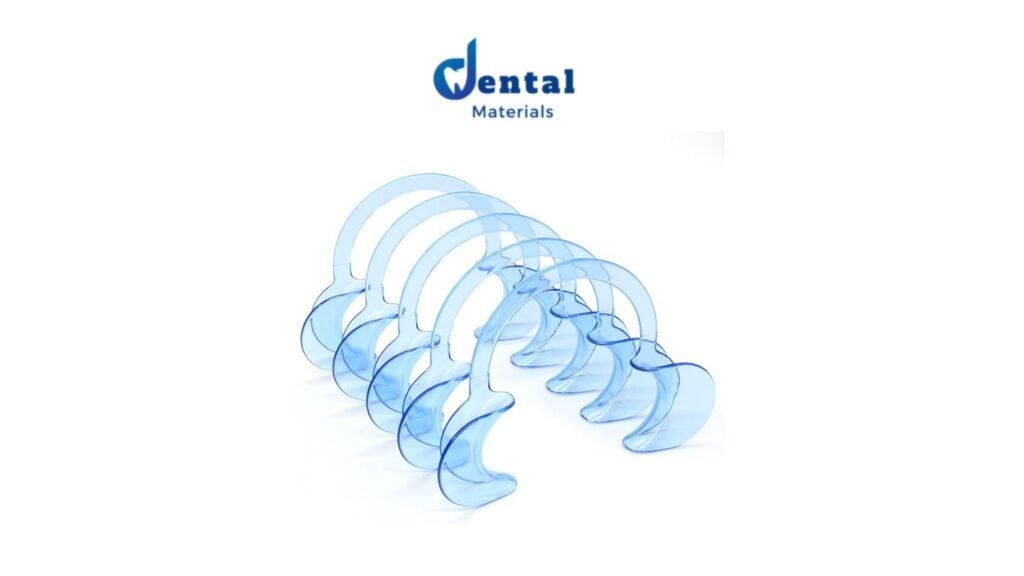If you’ve recently undergone cataract surgery, you may be wondering when it’s safe to schedule dental work. It’s essential to take precautions to ensure proper healing and prevent any complications. So, how long after cataract surgery can you have dental work done? In this section, we explore the timeline for scheduling dental work after cataract surgery.
It’s important to note that cataract surgery can impact your overall health and well-being, especially when it comes to your oral health. Therefore, it’s crucial to proceed with dental work after your ophthalmologist gives you the green light, and you understand the healing process fully.
Stay tuned to learn when it’s safe to schedule dental work and what precautions to take for a healthy, safe and speedy recovery. In the next section, we explore in detail the timing of dental work after cataract surgery.

Timing Dental Work after Cataract Surgery
After undergoing cataract surgery, it is essential to take precautionary measures before scheduling any dental work. It is generally recommended to wait for a certain period to allow your eyes to heal properly and reduce the risk of complications. The exact timing of when to have dental work after cataract surgery may vary depending on individual circumstances, so it is crucial to consult with both your ophthalmologist and dentist for personalized recommendations.
During your consultation, your ophthalmologist will examine the progression of your healing to determine when it is safe to proceed with any dental procedures. While minor dental work, such as fillings or cleanings, may not require a lengthy waiting period, more invasive procedures, such as extractions or root canals, may require additional time for healing. Your dentist can also provide guidance on how to adjust your dental care regimen to accommodate your recovery timeline.
It is important to communicate with your healthcare providers and schedule dental appointments only when it is safe to proceed. Consulting with both your ophthalmologist and dentist can help ensure that you receive appropriate care during the recovery period and that your eyes and mouth remain healthy during and after the healing process.
Dental Treatment and Care after Cataract Surgery
After receiving clearance from both your ophthalmologist and dentist, you can proceed with necessary dental treatment and care. It is crucial to inform your dentist about your recent cataract surgery, so they can take any necessary precautions and adjustments during the dental procedure. This is especially important for any post cataract surgery dental work that may involve the use of anesthesia or antibiotics.
Even after the initial recovery period, it is important to continue to prioritize dental care after cataract surgery to ensure optimal healing. Maintaining good oral hygiene practices, such as regular brushing and flossing, is crucial for overall oral health. Your dentist can also provide specific guidance on any necessary adjustments to your oral hygiene routine in light of recent cataract surgery.
Overall, ensuring proper dental treatment and care after cataract surgery can help ensure a smooth recovery and long-term oral health.
Scheduling Dental Appointments after Cataract Surgery
After your cataract surgery, scheduling dental appointments requires extra consideration. It is crucial to communicate with both your ophthalmologist and dentist about your upcoming dental appointments to ensure they align with your recovery timeline.
Your ophthalmologist will likely have specific post-operative restrictions that you need to follow to ensure optimal healing. Your dentist needs to be made aware of your recent cataract surgery to ensure they can take any necessary precautions and adjustments during the dental procedure.
Depending on your individual healing progress, your ophthalmologist and dentist can provide recommendations on when it is safe to proceed with different types of dental procedures, such as cleanings, fillings, or extractions. Be sure to inform your dentist of any post-operative restrictions and follow their guidelines for scheduling appointments to avoid any complications and ensure optimal healing.




